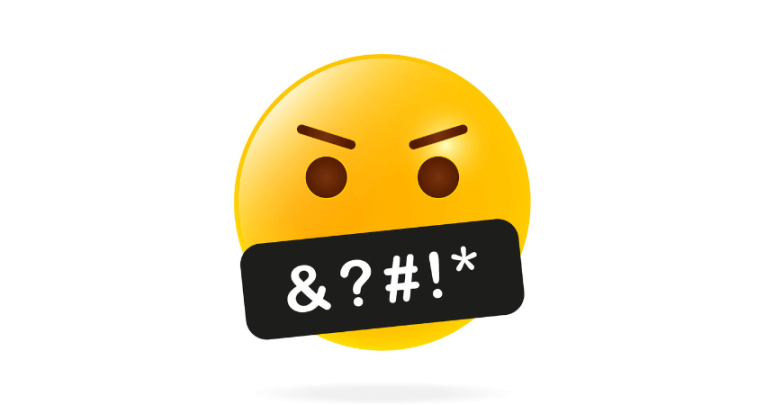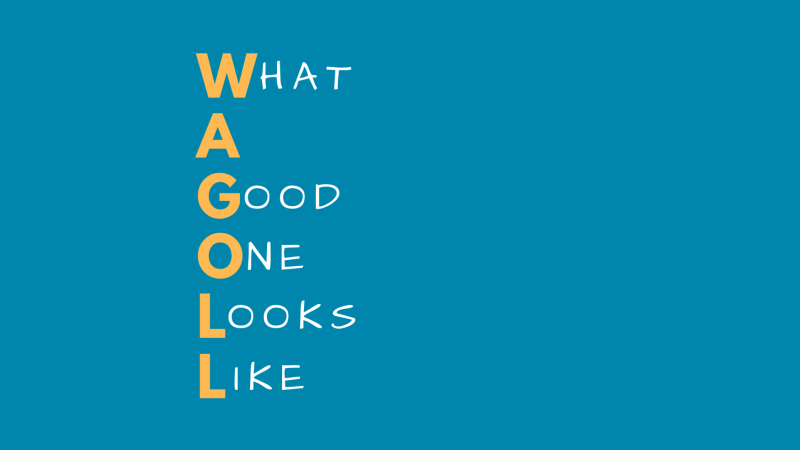School code of conduct – Why and how we wrote ours

Though most families are respectful, a number of incidents of abuse towards staff have led us to implement a behavioural code for our Trust

Thinking about implementing a school code of conduct? You’re not alone.
In these days of unfettered access to social media and messaging platforms, it’s easier than ever to keep in touch.
This is great for teachers updating pupils’ parents and carers on their progress and providing important info from school.
However, on the flip side, this also opens us up to aggressive messages and abuse.
The majority of parents and carers at our 48 schools across Northeast England are respectful and follow the ethos of the Trust.
But there have been some isolated instances of unacceptable behaviour towards staff. These have triggered a need for a code of conduct.
We have a duty to protect our staff. This progressive initiative aims to establish a framework of behavioural expectations for anyone interacting with the school.
It promotes collaboration, respect, and a positive educational environment.
Dealing with parental complaints
I fully appreciate and accept that disputes involving someone’s child and their school can often become fraught and emotive.
Unfortunately, this can then manifest in the form of confrontational, unreasonable behaviour.
That said, I also believe that it is right and proper for any parent or carer with a genuine grievance or dispute who does not believe they have been justly treated to be able to access an independent body that will hear, judge and rule on their complaint.
It is paramount that we emphasise that a large proportion of parents are respectful. However, what is not acceptable but seems to be increasingly common is the growing number of hostile and abusive people who believe they can write, post or say whatever they like about whoever they like, when they do not get what they want.
Having a code of conduct gives everyone associated with the Trust a guideline on how to behave. It also sets fair and reasonable boundaries of behaviour.
Trending
The idea is that is acts as a guiding compass, emphasising the importance of respectful behaviour within the school community.
By setting clear expectations, the Trust ensures that parents and carers understand the significance of their conduct in creating a nurturing and inclusive environment.
This approach not only benefits the pupils, but also enhances the overall atmosphere of the school. It promotes empathy, understanding, and a sense of belonging amongst us all.
Modelling good behaviour
We’ve found the code also sets a positive example for pupils. Children learn best when they witness consistent behaviours modelled by the significant adults in their lives.
When parents and carers adhere to the code of conduct, they demonstrate to their children the value of respect, collaboration, and responsible citizenship.
This shared commitment to positive behaviour reinforces the Trust’s mission of holistic education. It also equips students with valuable life skills beyond the classroom.
Among other criteria, our code outlines that we expect parents and carers to:
- Understand that parents and teachers need to work together for the benefit of our children.
- Work with the school to build relationships with its staff.
- Talk to us if you have any concerns about any part of your child’s education and development. We want to hear from you.
- If you wish to make a formal complaint, please ensure you follow the school’s policies and complaint procedures.
- Demonstrate in your own behaviour that all members of the school community should be treated with respect.
- Understand that even if divergent views exist, all should remain calm and respectful and be mindful that we are all working together for the child’s best interests.
- Approach school staff to inform them of any issue. Allow them time to investigate and then resolve issues according to school policy.
It is evident that having a framework within a school promotes a safe and respectful environment; helps prevent bullying and harassment; encourages responsibility and accountability; fosters ethical and moral development; and prepares pupils for future success.
Next steps
I think if the UK introduced a nationally backed code of conduct, to which all parents and carers are expected to adhere, we’d have a much more effective and respectful education system.
You can view the entire BCWET code of conduct at tinyurl.com/tp-BWCETcode
Nick Hurn OBE is CEO of Bishop Wilkinson Catholic Education Trust (BWCET).











